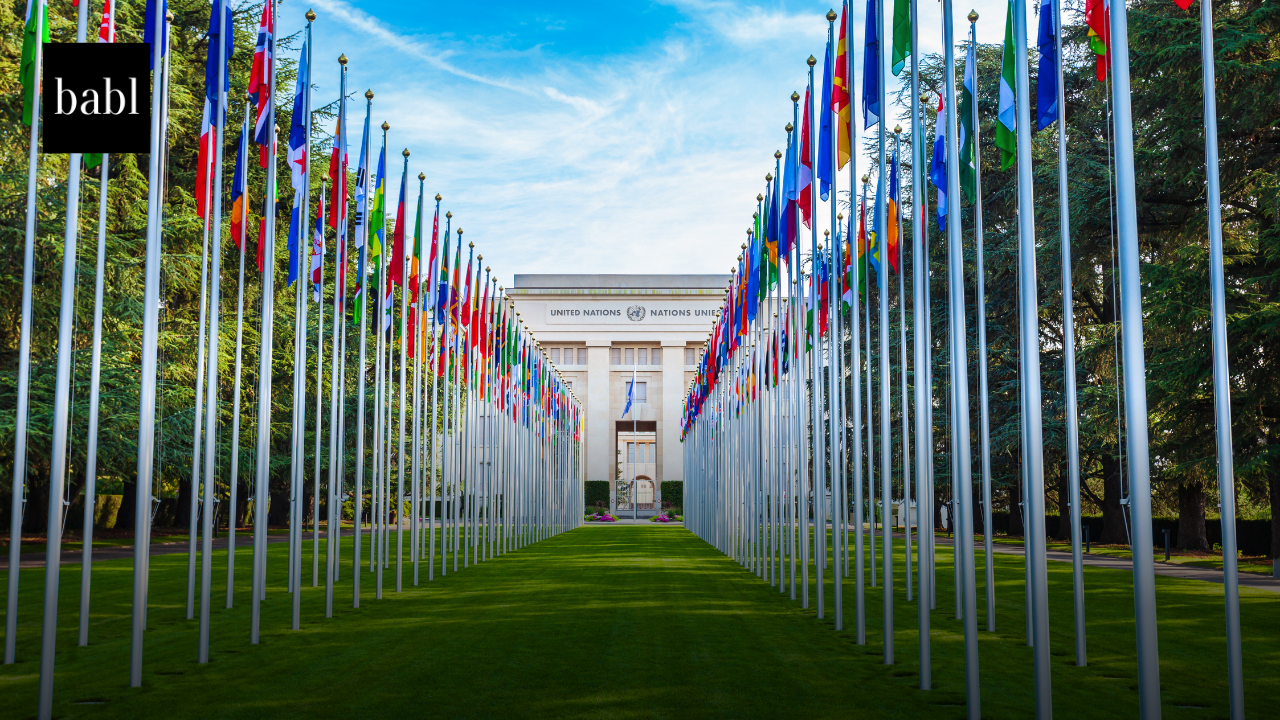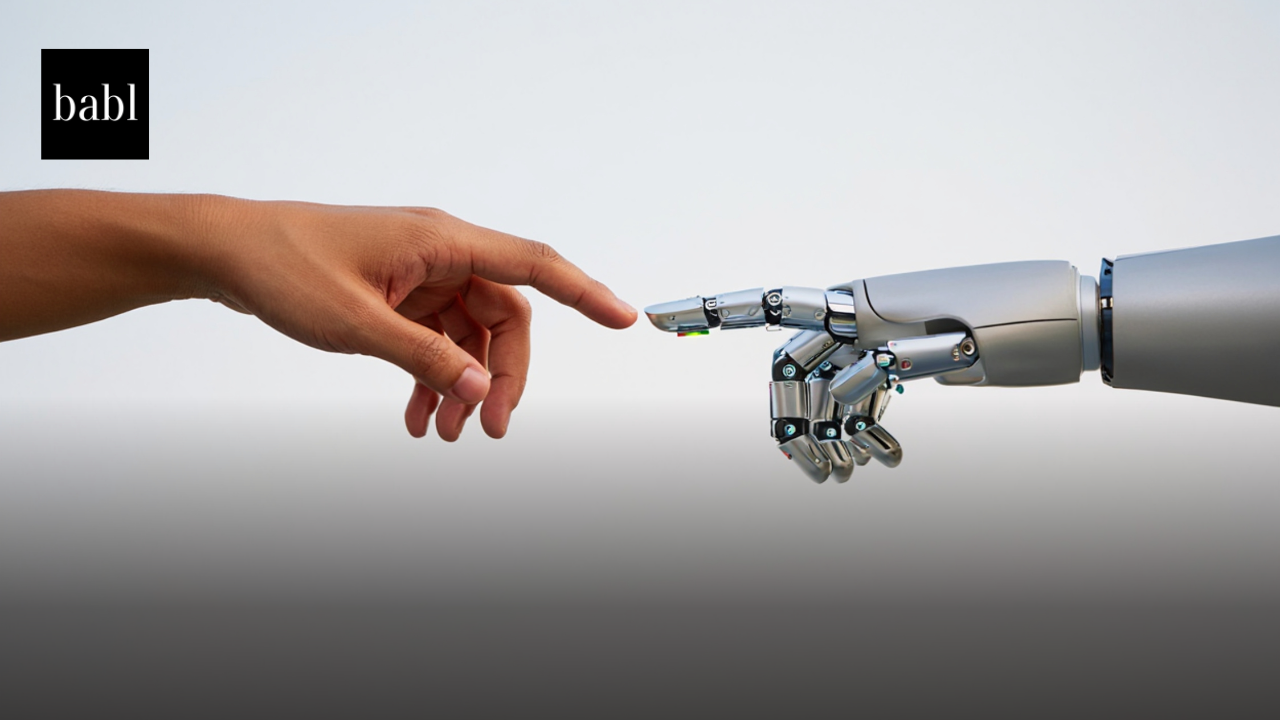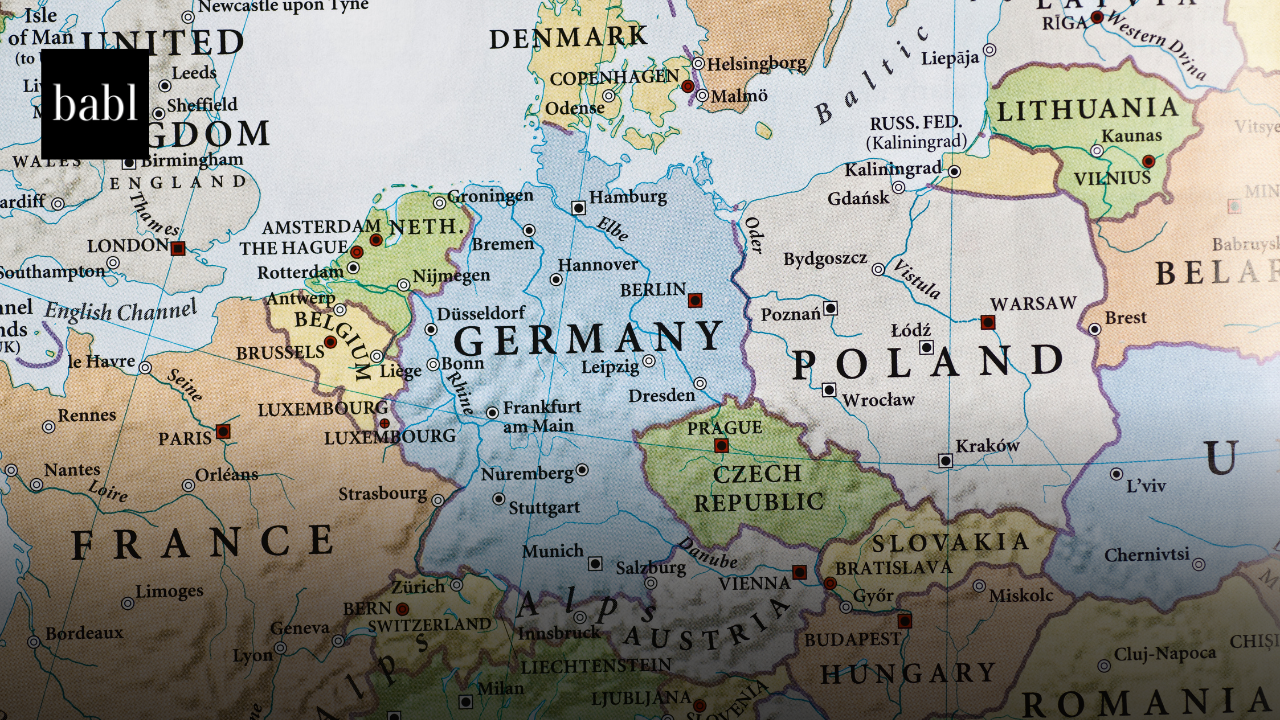UPDATE — AUGUST 2025: Since world leaders adopted the “Pact for the Future,” work has shifted from high-level commitments to concrete steps for implementation. The Pact set out new frameworks on peace and security, sustainable development, digital governance, and AI. In early 2025, UN Member States convened follow-up meetings to operationalize the Pact, emphasizing that its ambitions must be tailored to each country’s circumstances, particularly for least-developed and vulnerable states. The Pact’s scope covers reform across sustainable development, peace and security, science and technology, youth engagement, and global governance transformation.
One of the most significant elements is the Global Digital Compact. It’s now being implemented through a roadmap running to 2027. The Compact commits countries to closing digital divides, creating inclusive and secure space, improving data governance, and advancing responsible AI. Among its most notable features is the launch of an international scientific panel on AI. It’s designed to provide global expertise and coordinate standards for safe AI deployment.
The Pact also revived momentum on UN Security Council reform for the first time in decades. The agreement commits to making the Council more representative and effective, with a priority on increasing African representation. Negotiations remain contentious. A two-step process is under discussion, with the General Assembly expected to consider enlargement proposals by September 2025. Meanwhile, broader reforms may extend into 2045. Resistance from some permanent members and diverging regional blocs continue to slow progress.
In August 2025, the UN adopted resolutions linked to the Pact, including the establishment of the panel on AI. This marked one of the first concrete institutional outcomes since adoption, signaling that implementation is moving beyond rhetoric.
ORIGINAL NEWS STORY:
United Nations Adopts Landmark Pact for the Future to Transform Global Governance
World leaders have adopted the “Pact for the Future,” a landmark agreement that aims to modernize global governance and address the challenges of an increasingly interconnected world. Approved at the UN Summit of the Future in New York, the Pact includes two major components: the Global Digital Compact and the Declaration on Future Generations. Together, these frameworks chart a path for international cooperation on peace, sustainable development, technology, and artificial intelligence (AI).
A Blueprint for a More Effective Global System
The Pact for the Future is one of the most comprehensive international agreements in decades. It tackles emerging issues such as digital governance and AI while renewing commitments on long-standing concerns, including UN Security Council reform and nuclear disarmament. At its core, the Pact calls for a more inclusive and representative international system. Leaders reaffirmed their commitment to the United Nations Charter and international law, recognizing that global institutions must adapt to meet twenty-first century realities. The agreement emphasizes collaboration between governments, civil society, and the private sector to ensure that collective action can effectively address today’s most pressing global threats.
Renewed Focus on Peace and Security
For the first time since the 1960s, countries have made a concrete pledge to reform the UN Security Council. The reform process aims to make the Council more representative and effective, with an explicit priority on increasing African representation. Discussions are expected to continue into 2025, with proposals for enlargement reaching the UN General Assembly by September. The Pact also revives global disarmament commitments. Member States reaffirmed their shared goal to eliminate nuclear weapons, marking the first unified multilateral stance on disarmament in over a decade. In parallel, nations committed to preventing an arms race in outer space and applying international humanitarian law to emerging defense technologies, including lethal autonomous weapons.
Strengthening Sustainable Development
The Pact seeks to accelerate progress toward the Sustainable Development Goals (SDGs). Leaders agreed to reform international financial systems to give developing nations greater influence in global decision-making. These reforms aim to mobilize financial resources, address sovereign debt challenges, and drive equitable growth. Climate action remains a central pillar. Countries reaffirmed the global target to limit temperature rise to 1.5°C, phase out fossil fuels, and achieve net-zero emissions by 2050. The Pact also supports increased investment in renewable energy and resilience measures for vulnerable regions.
The Global Digital Compact: Building an Inclusive Digital Future
A key innovation within the Pact is the Global Digital Compact, a framework that establishes international norms for technology, data, and AI governance. The Compact commits nations to close digital divides, enhance cybersecurity, and strengthen data protection. It also launches an International Scientific Panel on AI, tasked with coordinating global expertise and setting common standards for the safe and responsible use of AI. The panel’s work will extend through 2027, forming part of a broader roadmap for inclusive digital development.
The Declaration on Future Generations
Complementing the Digital Compact, the Declaration on Future Generations ensures that today’s policy decisions account for the rights and interests of those yet to come. It calls for the possible appointment of a UN Envoy for Future Generations and expands youth participation in global decision-making processes. The declaration underscores the importance of integrating long-term thinking into international policy, emphasizing that sustainable governance must extend beyond immediate political cycles.
Upholding Human Rights and Shared Responsibility
The Pact also reinforces the UN’s commitment to human rights, gender equality, and the protection of human rights defenders. Leaders acknowledged the vital roles that regional governments, civil society, and the private sector play in implementing these commitments. By combining new digital frameworks with renewed global solidarity, the Pact for the Future signals a shift from rhetoric to action. It positions the UN as the central platform for coordinating solutions to global challenges—from climate change to AI governance—ensuring that future generations inherit a safer, fairer, and more sustainable world.
Need Help?
If you have questions or concerns about AI guidelines, regulations and laws, reach out to BABL AI. Therefore, their Audit Experts can offer valuable insight, and ensure you’re informed and compliant.





